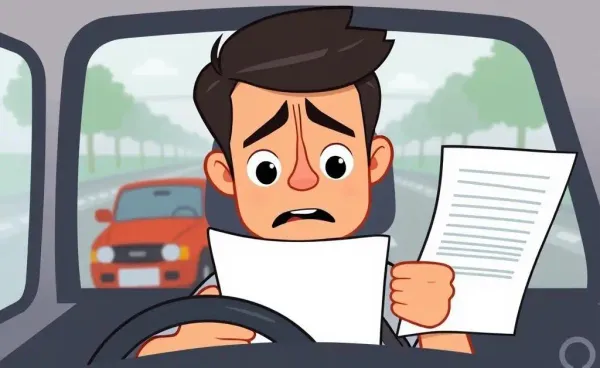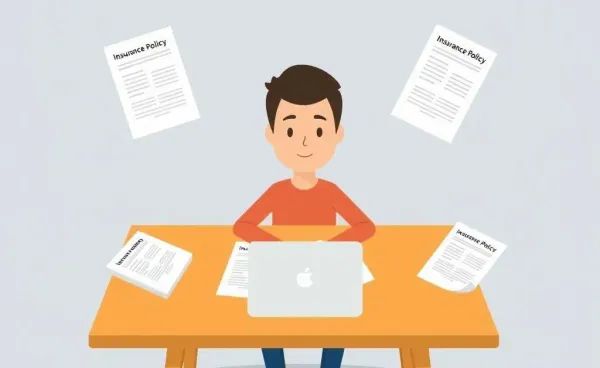How to Handle Medical Debt That Went to Collections
Find practical steps to manage medical debt in collections.

We’ve all been there. You open the mailbox and — bam! — a letter stuffed with hefty medical bills. But what if it’s already gone to collections? Perhaps you’re feeling a bit like a deer in headlights right now. But don’t worry; you’re not alone, and we’ve got some practical steps to help you tackle this financial hurdle head-on.
Understanding How Medical Debt Collections Work
First things first: what exactly does it mean when your medical debt goes to collections? In simple terms, it means the healthcare provider has handed your unpaid bills over to a third-party agency that will now try to collect the debt from you. It’s daunting, sure, but understanding the process can ease some anxiety. Knowing who now owns your debt and their rights is crucial.
Steps to Take When Medical Debt Goes to Collections
So how does one deal with this situation? Let’s break it down:
- Verify the Debt: Always verify that the debt is accurate. Request a debt validation letter. The collection agency must provide this info within five days of their first contact.
- Know Your Rights: The Fair Debt Collection Practices Act (FDCPA) offers you protection from harassment and deception. Don’t hesitate to remind collectors of these rights.
- Negotiate if Possible: Yes, you can negotiate! Collections agencies often purchase debts for less than the original value, so they may be willing to accept a lower sum to settle your account. Use this to your advantage.
- Set Up a Payment Plan: If possible, establish a manageable payment plan. Make sure it is affordable for your budget to avoid defaulting.
- Seek Professional Help: If you’re overwhelmed, consider consulting a financial advisor or legal professional for advice tailored to your situation.
Building a Sustainable Financial Plan
When dealing with debt, especially medical, it’s essential to revisit your financial planning. Here’s how to build a sustainable budget:

- Create a Monthly Budget: List your monthly income versus expenses. Use tools like Mint for easy tracking.
- Prioritize Your Bills: Necessary expenses like rent and utilities come first. Community financial aid programs can sometimes help alleviate medical costs.
- Cushion for Emergencies: Always have a small fund set aside for emergencies, which can help avoid similar situations in the future.
Conclusion: Moving Forward with Confidence
Dealing with medical debt in collections is undeniably challenging, but with a better understanding and a solid plan, you can navigate through it. Remember, it’s all about taking informed steps and not panicking. Ever faced a similar financial conundrum? How did you handle it? If comfortable, feel free to share your thoughts or ask questions below!




